Most of the websites I've designed have been for large-scale or long-running projects. I have been creating websites since 1994, and I am a proponent of such principles as cross-platform compatibility, low-bandwidth access, ease of updating by nonexperts, and legibility. I started out in the mid 1990s making websites using such kluges as transparent gifs for spacers and tables for layout, and though CSS/PHP/XHTML is more robust in certain ways, 90% of websites today still don't really need anything more complicated than what tables had to offer. To some degree, the spread of CSS/PHP has been designed to drive non-coding designers out of website design, and it has in fact had just that effect. Noncoders today either use blogware or CMS; or they hire a coder; or if they are a little more ambitious, they find something written by a coder and hack it. One effect this has had is to reduce the range of experimentation on the web as most sites converge on a handful of designs representing this year's flavor. I don't know that there is any way back from this, but I still consider it a real loss. And right now, 1990s-era web design is discussed (and dismissed) as something primitive. It will be interesting to note the moment when that 'primitive' design form is finally reassessed as valid on its own terms. I'm not holding my breath, though.
I designed the last few versions of this website using CSS with the idea of making it as simple to update as possible. The current version is designed with a similar bare-bones approach, with the main difference being that it privileges being mobile-friendly. It is designed to shift gracefully to a single column layout when the screen gets very narrow.
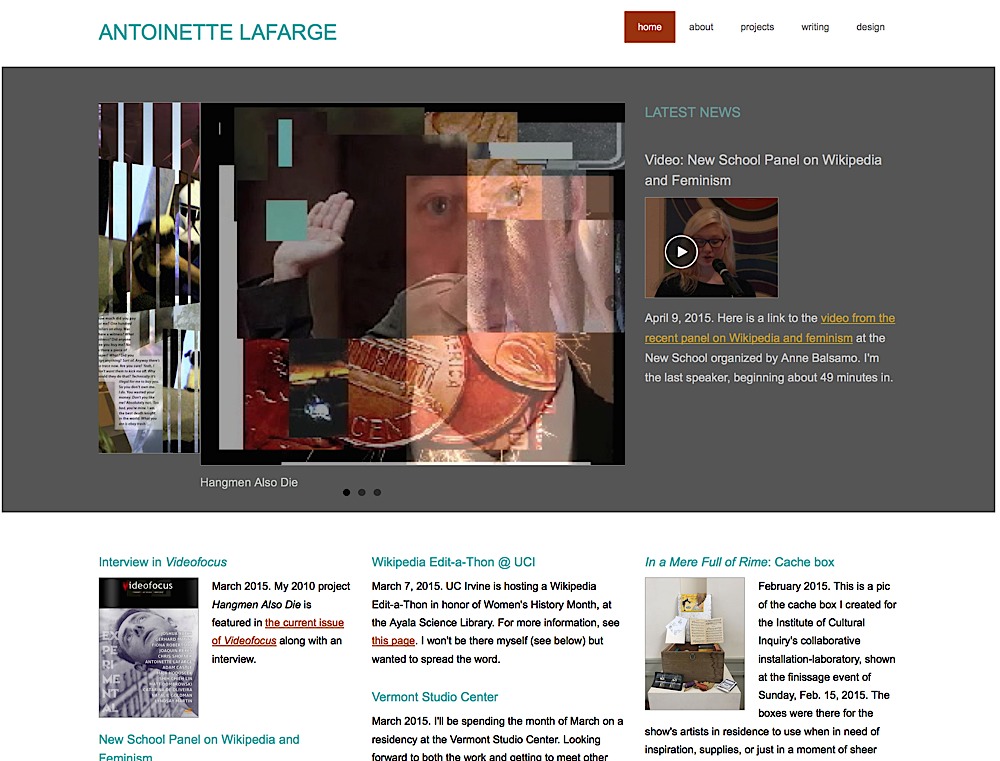
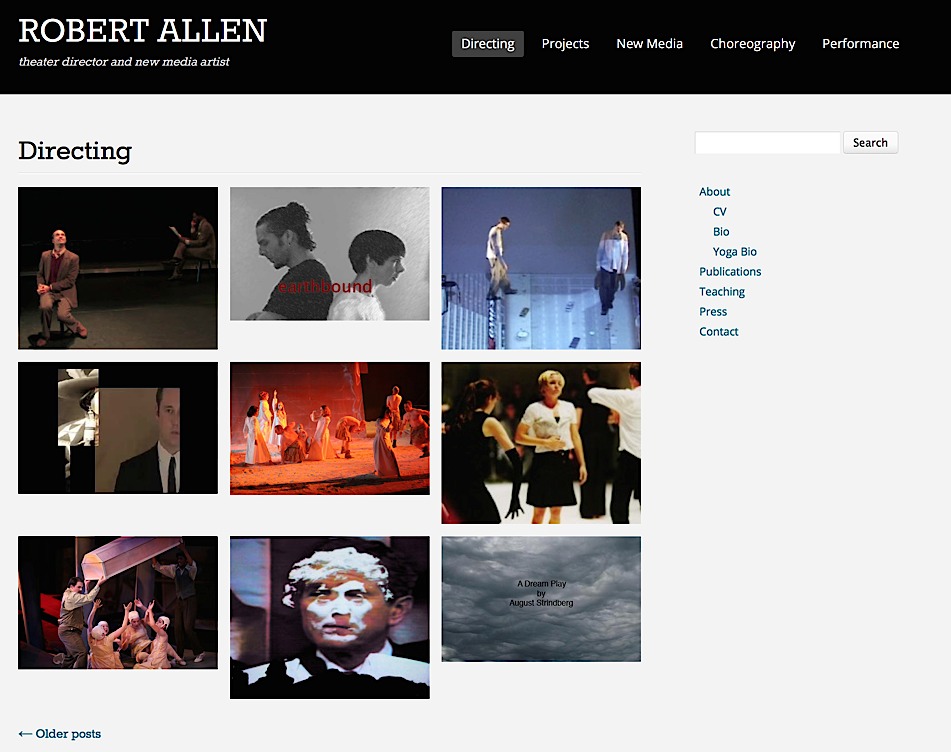
home site redesign (2015); Robert Allen website (2010)
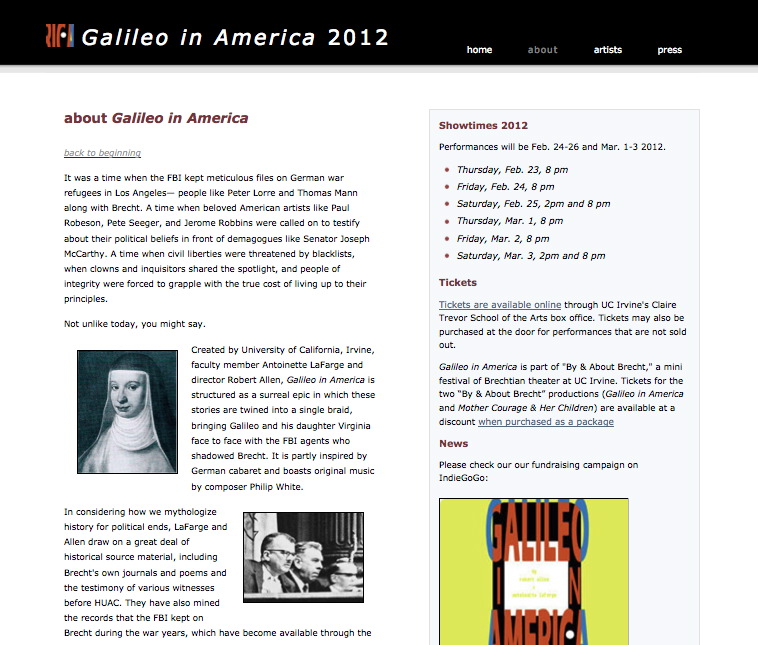
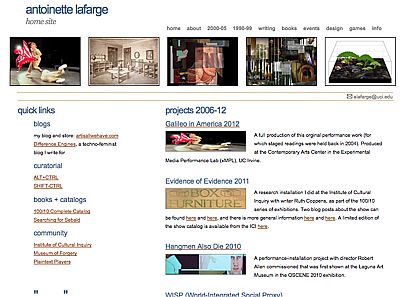
Galileo in America (2011-12); home site (redesign 2012)
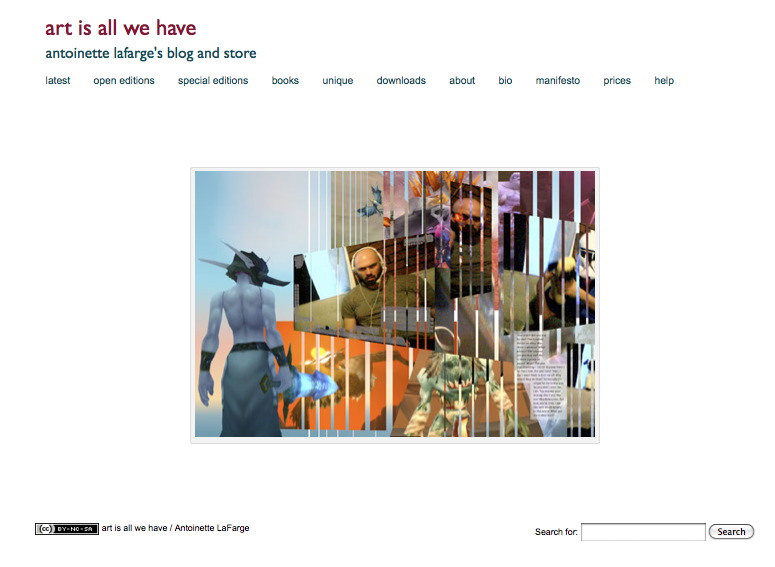
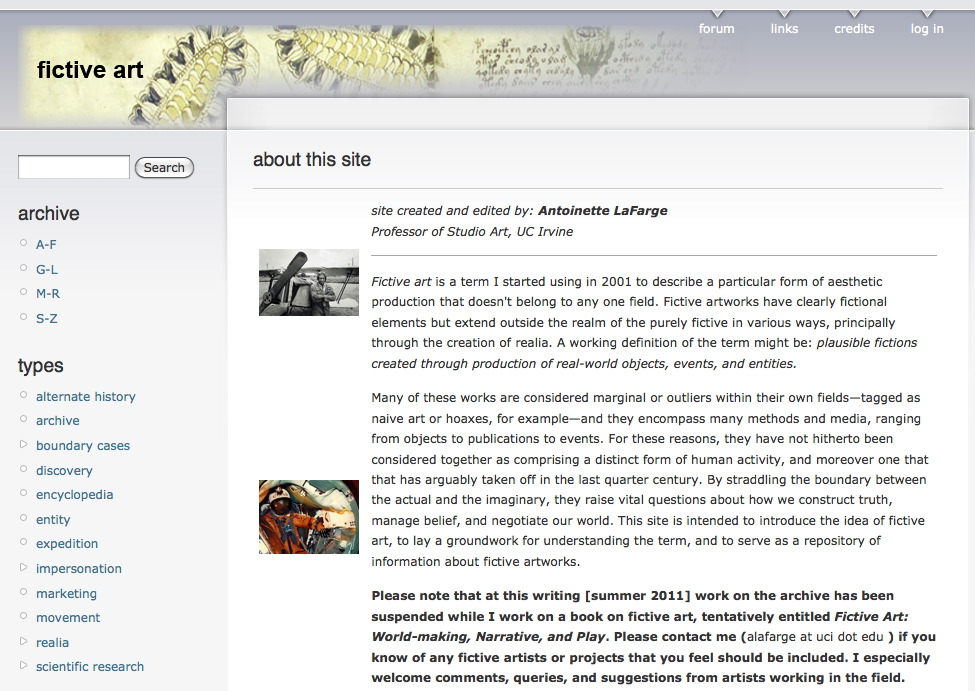
artisallwehave.com (2010); Fictive Art (2009)
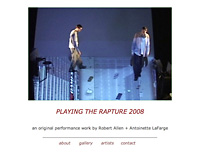
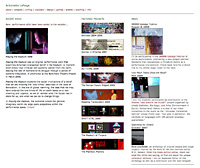
Playing the Rapture (2008); home site redesign (2008)
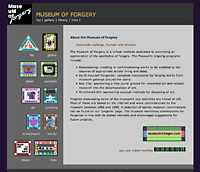
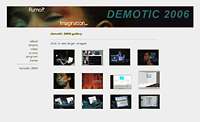
Museum of Forgery redesign (2008); Demotic (2006)
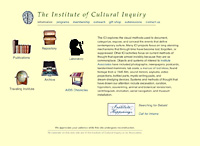
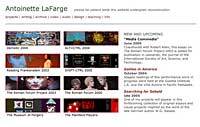
Institute of Cultural Inquiry redesign (2005); home site redesign (2005)
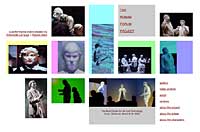
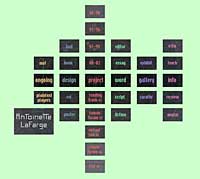
The Roman Forum Project (2003); home site redesign (2002)
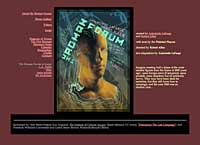
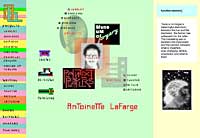
The Roman Forum (2000); home site redesign (1999)
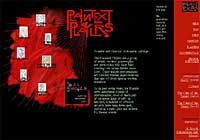
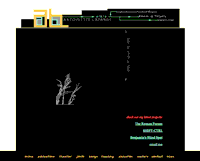
The Plaintext Players (1995); home site redesign (1996)
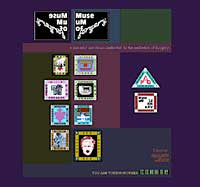
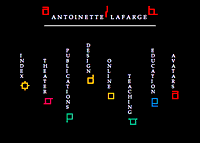
The Museum of Forgery (1995); home site (1994)